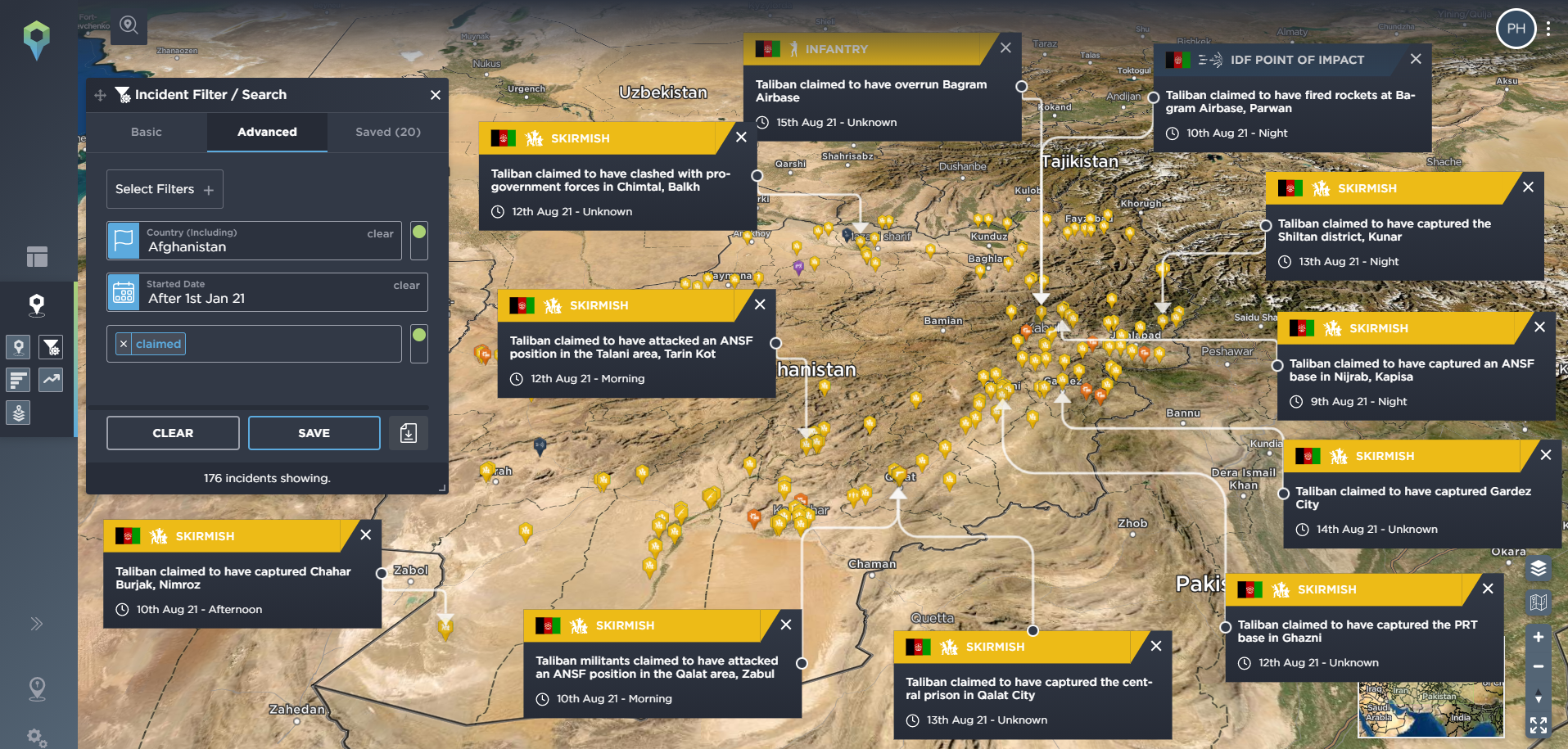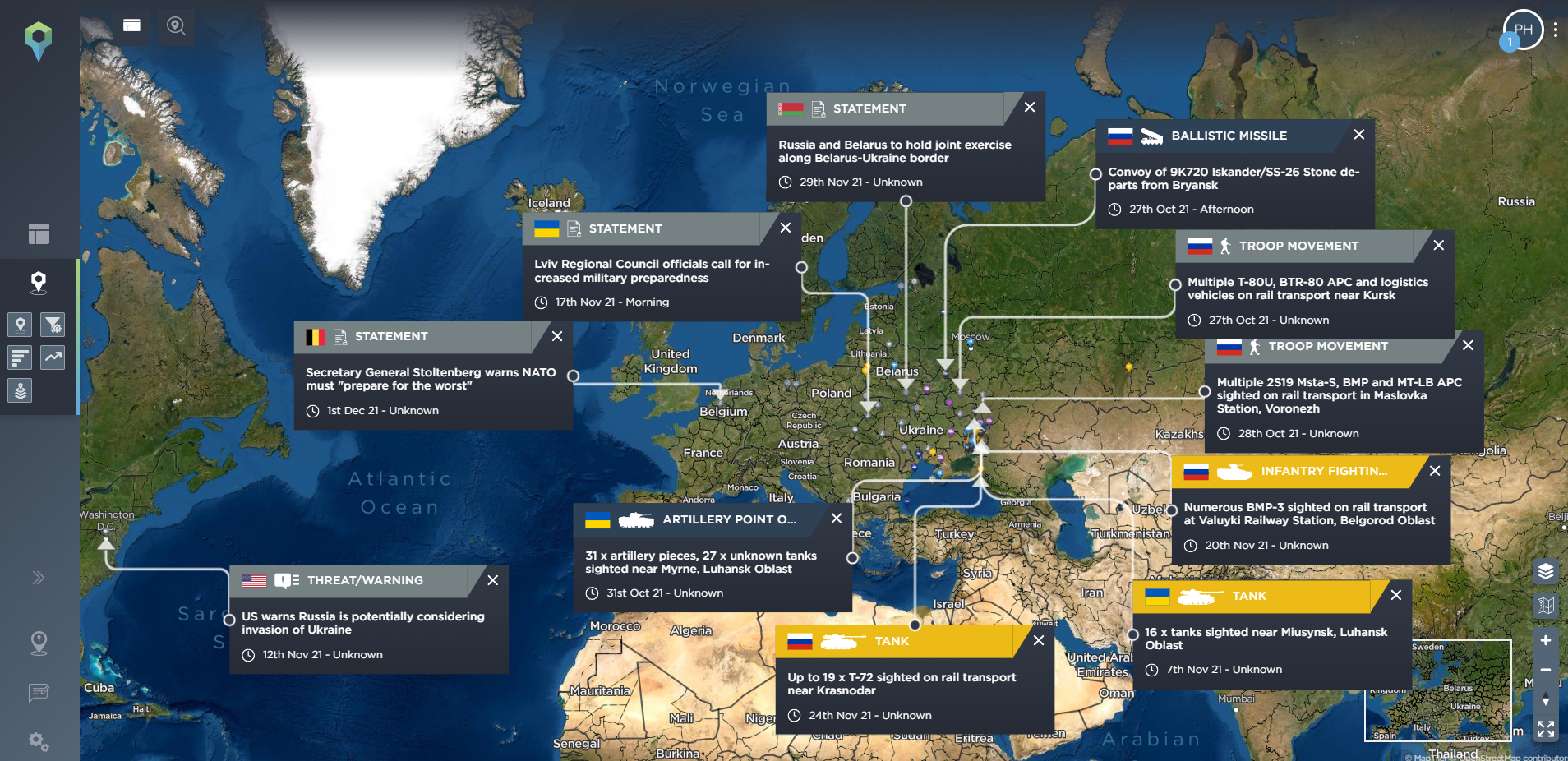The changing nature of conflict
Are tanks obsolete? How have drones changed warfare? How is OSINT changing conflict? Is the West ready for war? And what can recent conflicts teach us about the changing nature of conflict?
In the latest episode of The Roundtable threat intelligence podcast, we discuss how war and conflict have changed, using our analysis of recent conflicts such as the Iraq war, Libya, Syria, conflict between Armenia and Azerbaijan in Nagorno Karabakh and the war in Ukraine to examine the evolution of warfare in the recent part of the 21st century.
Intelligence Fusion open source intelligence analysts Max Taylor, Matt Pratten, and Alex Smith begin the episode by taking a look at the role of tanks on the modern battlefield, following the high profile loss of dozens of Russian tanks in the invasion of Ukraine, and ask if there is still a place for tanks in 21st century warfare (00:31). Following this discussion, they turn their attention to drones – from the advanced UAVs such as Turkey’s Bayrakhtar drones that have played a key role in conflicts such as Libya, Nagorno Karabakh, and most recently in the war in Ukraine; to the basic commercial quadcopter drones that are being used by low level insurgent groups – and ask if they are an evolutionary or revolutionary weapon (10:02). Then to round off the first section of the podcast, Max, Alex and Matt take a look at naval warfare, and if or how that may need to adapt to the modern battlefield (16:44).
Moving the discussion away from weaponry, the analysts then look at how Open Source Intelligence (OSINT) has changed the way warfare is being reported and even how it is being fought, how it has become a vital tool in tracking conflicts and exposing war crimes – as well as how certain groups may use OSINT to spread their narrative, sew disinformation and fight the information war (22:43).
Finally, in light of this discussion, our analysts turn their attention to the West, and ask how prepared the West is for future conflict with the likes of Russia and China (36:47).
Listen to the full episode now.
Subscribe: Spotify; Apple Podcasts; Buzzsprout


